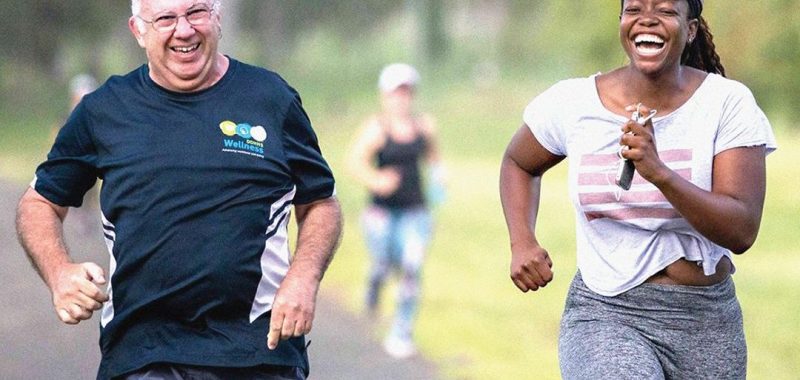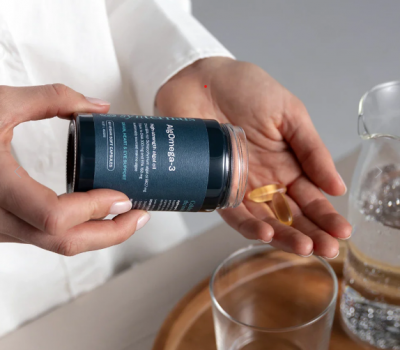By Dr Sarah Lewis
“If exercise could be packaged in a pill, it would be the single most widely prescribed and beneficial medicine in the nation.” Dr Robert Butler, National Institute on Aging
We all know that physical activity is good for us but, unfortunately, it is often promoted predominantly as a means of weight loss. There is significant evidence that physical activity does much, much more than this – it can have remarkable effects on both our physical and mental health.
The background
It is estimated that 45% of Australians will experience a mental health condition during their lifetime.1 The two most common mental health issues we see in General Practice are anxiety and depression. To give an idea of just how common these conditions are: in any one year, approximately 2 million Australians experience anxiety and 1 million experience depression.2
The evidence
Several large research studies have shown that physical activity can prevent the development of depression and anxiety.3 4The HUNT Cohort study found that even one hour of physical activity per week can be protective against depression.5 However, those with higher levels of physical activity and physical fitness seem to have a lower likelihood of depression.
In 2018, over 3 million Australians were prescribed antidepressants (which are also sometimes used to treat anxiety). Interestingly, there is evidence that a regular physical activity programme can help depressive symptoms in sedentary adults as much as sertraline, a common antidepressant.6 We now know that physical activity can be a powerful treatment to improve symptoms of depression and anxiety; both in its own right and, in particular, along with counselling/psychotherapy and medications.
How exactly does physical activity do this?
- It increases levels of endorphins, serotonin and dopamine – our “happy hormones”.
- It reduces levels of cortisol – our “stress hormone”.
- It also improves the function of mitochondria, the “powerhouses” of our cells, which increases energy production and protects against ageing.
How much physical activity is enough?
We are all unique, with different medical backgrounds, so there is no “one size fits all” answer to this. The Australian physical activity guidelines provide recommendations for different age groups. For 18-64 year-olds, the guidelines advise:
- Be active on most (ideally all) days, every week
- At least 150 minutes (2.5 hours) of moderate intensity physical activity or at least 75 minutes of vigorous intensity physical activity (where you have difficulty speaking while exercising!) per week
- Muscle strengthening activities on at least 2 days each week
For those age 65 and over:
- At least 30 minutes of moderate intensity physical activity on most, preferably all, days
- Try to include some strength, balancing and flexibility exercises
Click here for the guidelines and some activity ideas.
Having said this, for those who are sedentary, any increase in physical activity is beneficial. Every little helps! Be sure to consult your GP first if you have underlying medical conditions that may affect your ability to exercise safely.
Some tips to help increase physical activity
- Start by setting yourself small, realistic goals and build up
- Be creative and do something you enjoy! Physical activity doesn’t have to take place at the gym or mean going for a run
- Find a friend or relative who is willing to exercise with you to hold you accountable (and be there for a chat)
- Schedule physical activity into your day – just like you would a work meeting – so that you’ve set the time aside
- Joining a class or club may also help – there are plenty of low cost and online options out there
- Join your local Parkrun (which many people walk – you don’t have to run!) – it’s a free, weekly 5km community event every Saturday morning where everyone is welcome. There are over 450 Parkruns around Australia, all run by volunteers. Our nearest Parkrun event is in Bunbury at Big Swamp Wildlife Park – find out more here or feel free to come into The Health Hub at Eaton Fair and speak to me.
Some final convincing words
As I mentioned at the start, the benefits of physical activity on our health are incredible. Regular exercise can reduce the risk of developing dementia by up to 30%, lower our risk of breast cancer and reduce our chances of developing Type 2 Diabetes. What pill can do all of these things, as well as improving our mental wellbeing, and is free? If you find an answer, let me know!






